Paris, the city of love and lights, is a destination that attracts millions of tourists every year. The city, known for spreading love, witnessed one of the deadliest terror attacks in modern history on November 13, 2015, when a series of coordinated assaults shook France. As many as 130 people lost their lives while more than 400 others were injured in the six coordinated attacks that took place across the city.
If you are a history geek who loves to learn about important events from the past, Firstpost Explainers’ ongoing series, History Today will be your one-stop destination to explore key events.
Then-president of Venezuela, Carlos Delgado Chalbaud, was assassinated in Caracas on this day in 1950. His murder plunged the nation into a period of political turmoil and marked a turning point in its post-dictatorial evolution.
Here is all that took place on this day across the world.
Multiple terror attacks shook Paris in 2015
Most people think of spending a peaceful time near the serene River Seine or watching the light show at the Eiffel Tower. Hardly anybody would expect to take cover to save their lives when visiting Paris. But that is exactly what happened on November 13, 2015, when chaos erupted on the streets of Paris as a series of coordinated assaults took place across the city.
The strikes began at 9:16 pm, when suicide bombers detonated explosives outside the Stade de France, where French President Francois Hollande was attending a friendly football match between France and Germany. The first explosion was heard during the match and caused panic among spectators. Two more blasts followed outside the stadium. While security guards prevented the attackers from entering, one bystander was killed along with the bombers.
As confusion spread, gunmen armed with automatic weapons launched attacks in central Paris. At 9:25 pm, terrorists opened fire on diners at the Le Carillon bar and Le Petit Cambodge restaurant in the 10th arrondissement. Within minutes, another group attacked the La Belle Équipe cafe in the 11th arrondissement, killing 19 people on its terrace. The gunmen moved swiftly between locations, firing indiscriminately at civilians enjoying their evening meals and drinks.
The deadliest scene unfolded at the Bataclan concert hall, where the American rock band Eagles of Death Metal was performing to a crowd of about 1,500. At 9:40 pm, three heavily armed attackers stormed the venue, opening fire into the audience and taking hostages. The siege lasted for hours until French special forces stormed the building after midnight, killing the assailants. Around 90 people were killed inside the Bataclan, making it the deadliest single location of the attacks.
As many as 130 people were killed during the attacks, while more than 400 others were injured. In response, France declared a state of emergency, closed its borders temporarily, and launched extensive anti-terror operations across the country. President Hollande described the attacks as “an act of war” carried out by a barbaric organisation. Vigils and memorials appeared worldwide as landmarks lit up in the colours of the French flag in solidarity with Paris.
Investigations later revealed the attackers were part of a terror cell based in Brussels, linked to the ISIS network responsible for other European attacks. The mastermind was identified as Abdelhamid Abaaoud, a Belgian national of Moroccan descent.
Assassination of Carlos Delgado Chalbaud
Carlos Delgado Chalbaud, the then-President of Venezuela, was assassinated in Caracas on November 13, 1950. This turned the country into political chaos.
Delgado Chalbaud was the son of General Román Delgado Chalbaud, who had also been a political figure. Delgado himself was a respected military officer and engineer. Following the overthrow of dictator Isaías Medina Angarita in 1945, Carlos emerged as a prominent leader within the military. After the coup that ousted President Rómulo Gallegos in 1948, Delgado Chalbaud became the head of the Military Junta of Government, effectively serving as Venezuela’s leader.
Under his rule, Delgado Chalbaud sought to modernise the nation while balancing military control with gradual political reform. He was viewed as an intelligent, moderate, and pragmatic leader who intended to restore democratic governance in due time. However, his presidency was marked by growing tension within the armed forces and the political elite as many disagreed on the pace and direction of reform.
So on November 13, 1950, Delgado Chalbaud was kidnapped and assassinated by a group led by former revolutionary and long-time rival Rafael Simon Urbina. The abduction took place in Caracas, and the president was shot dead shortly afterwards. Urbina’s motives remain debated — some claimed personal vengeance, others alleged political conspiracy. Urbina was later captured and killed under mysterious circumstances, deepening suspicions about internal power struggles.
This Day, That Year
Mount Ruiz in the Cordillera Central of the Andes erupted twice, burying the town of Armero and killing nearly 25,000 people in 1985.
In 1918, Saad Zaghloul formed Al-Wafd al-Misri, the nationalist political party that was instrumental in gaining Egyptian independence from Britain.
English King Ethelred II launched an attack against Danish settlers in the St. Brice’s Day massacre in 1002.
With inputs from agencies


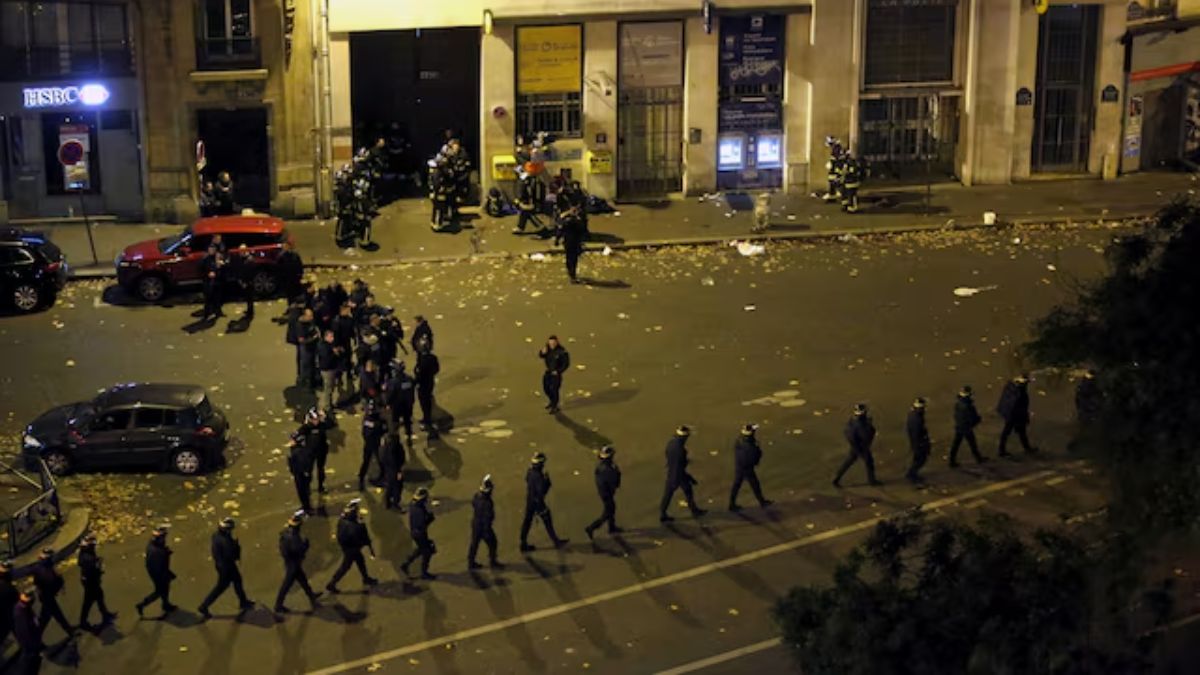)
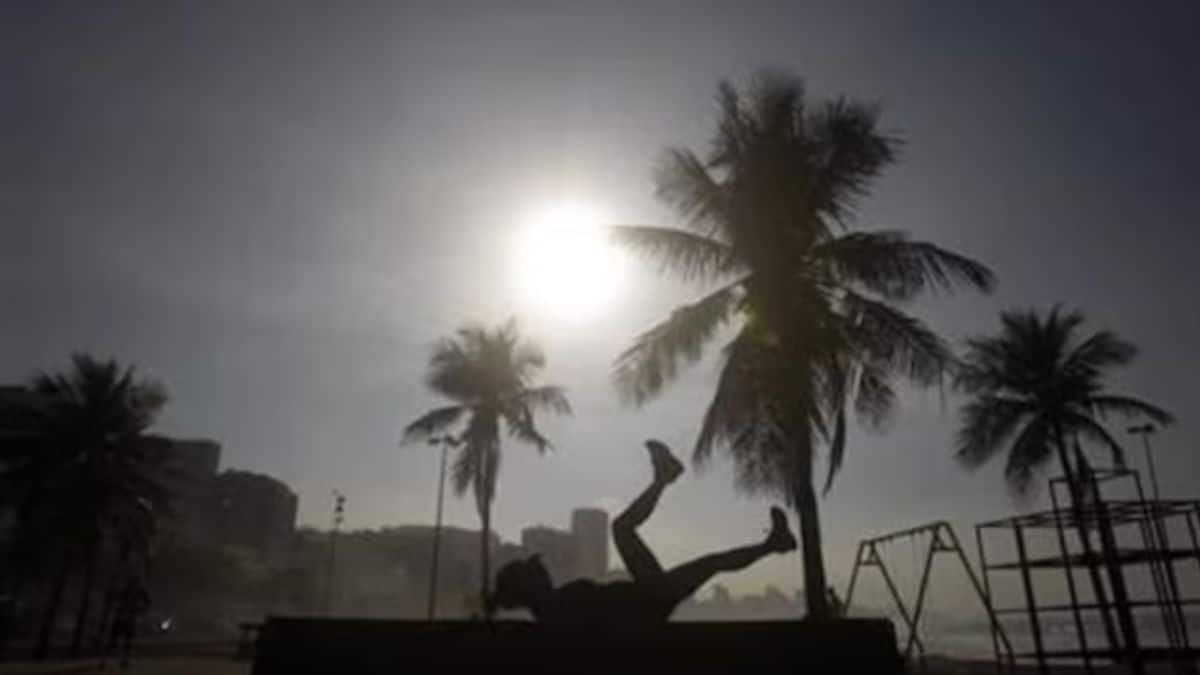
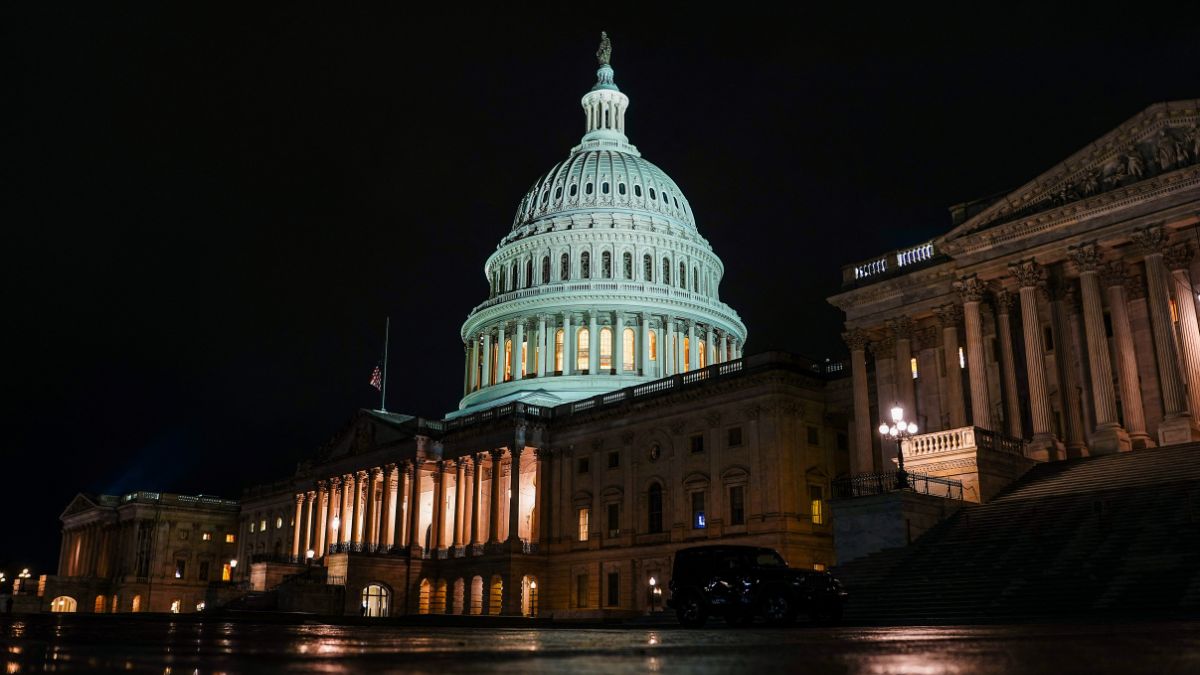)
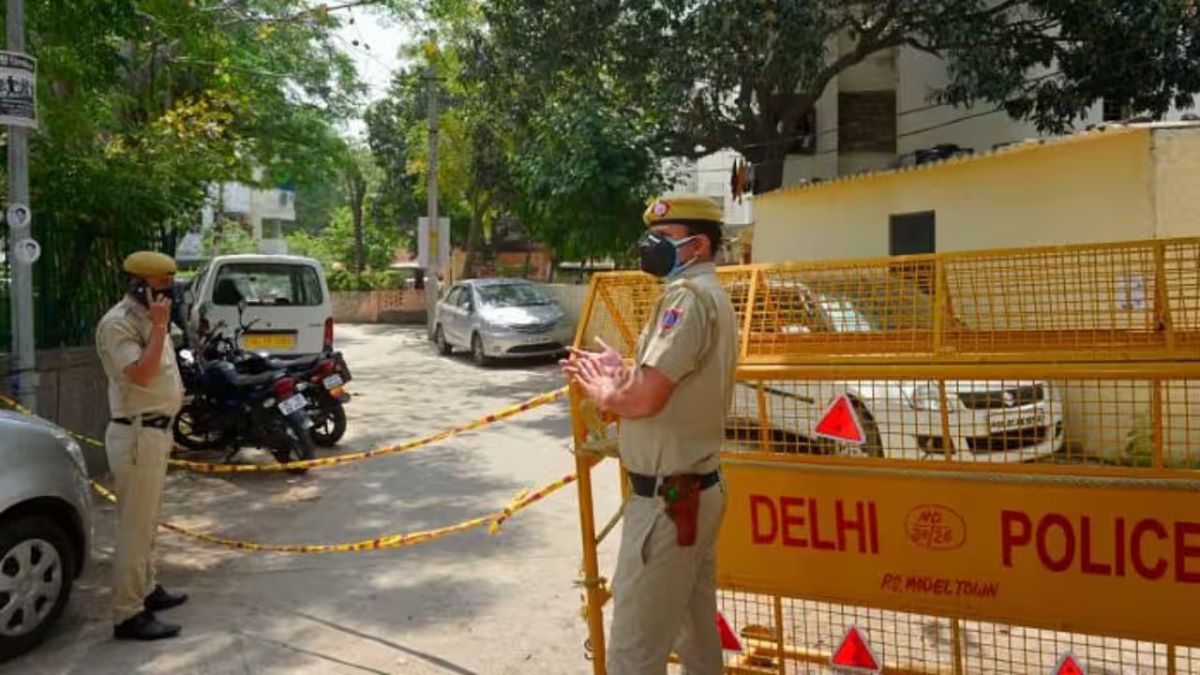)
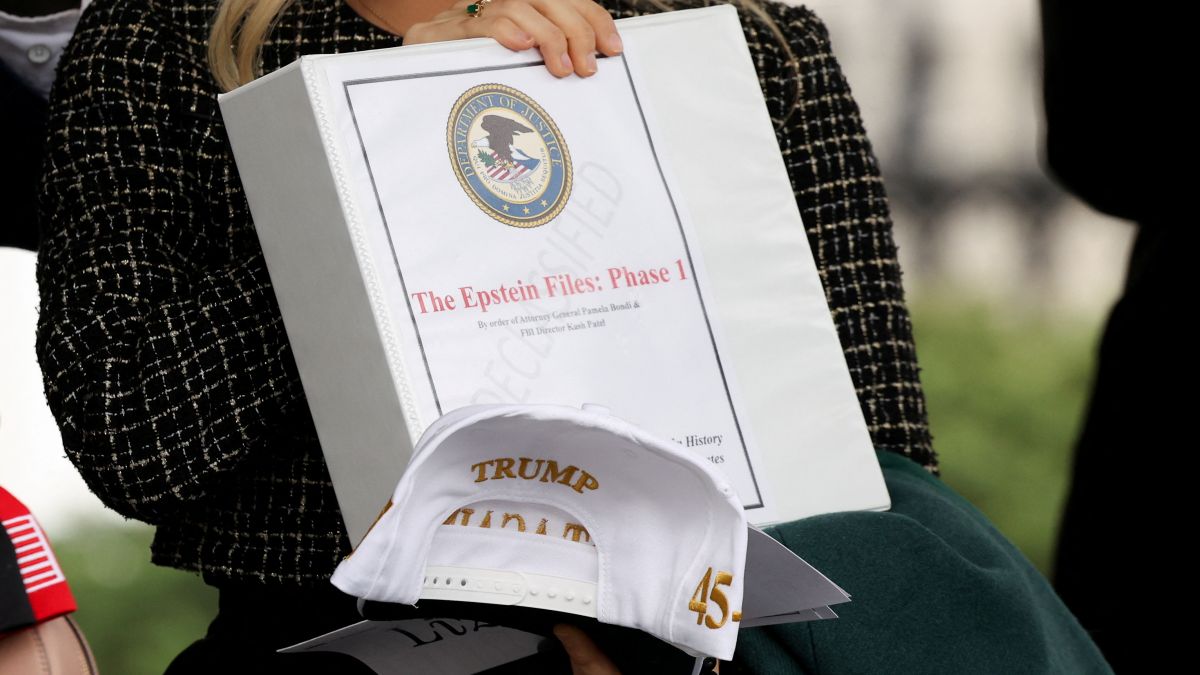)
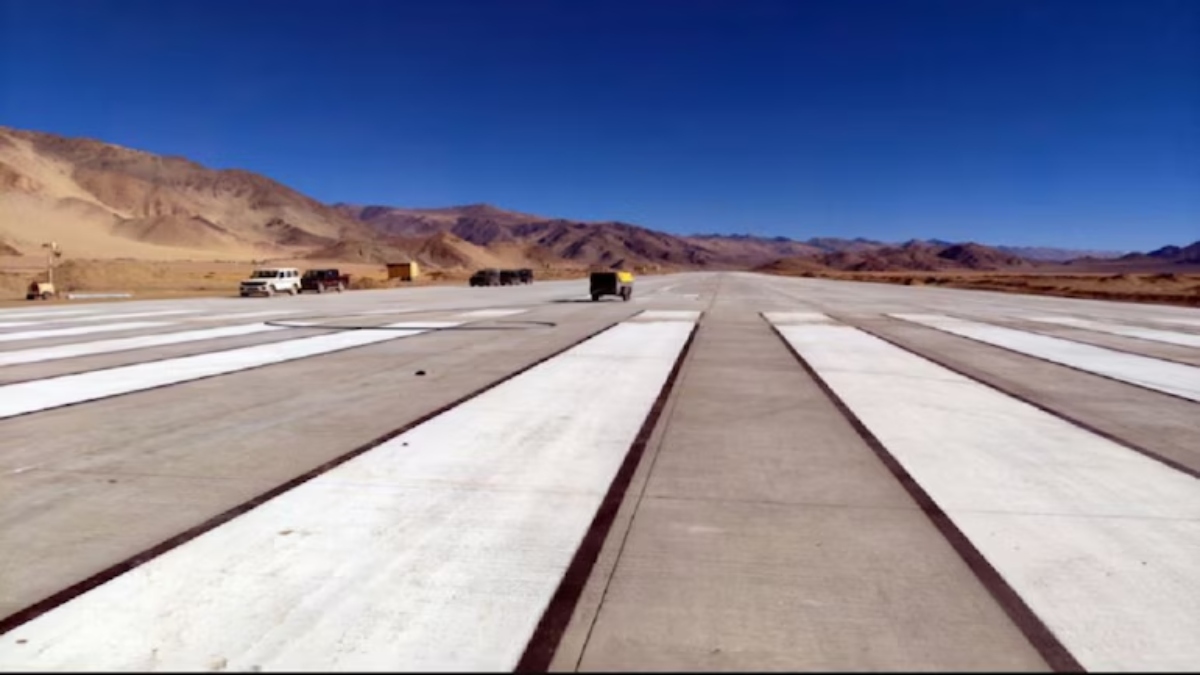)
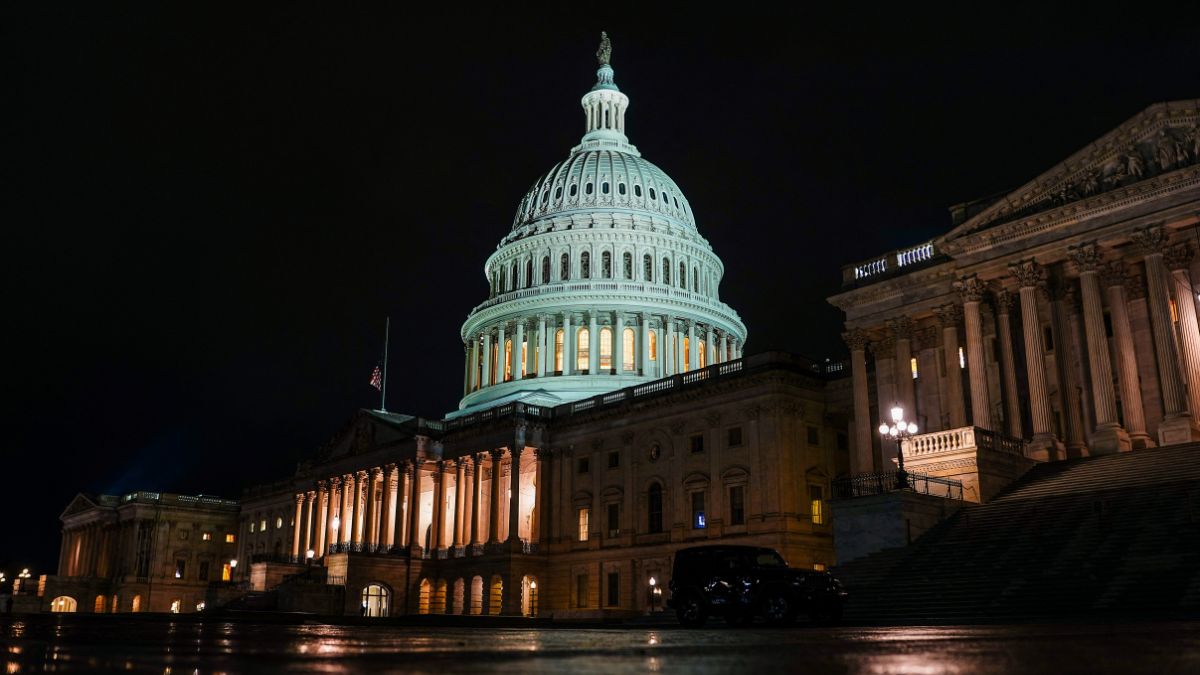)
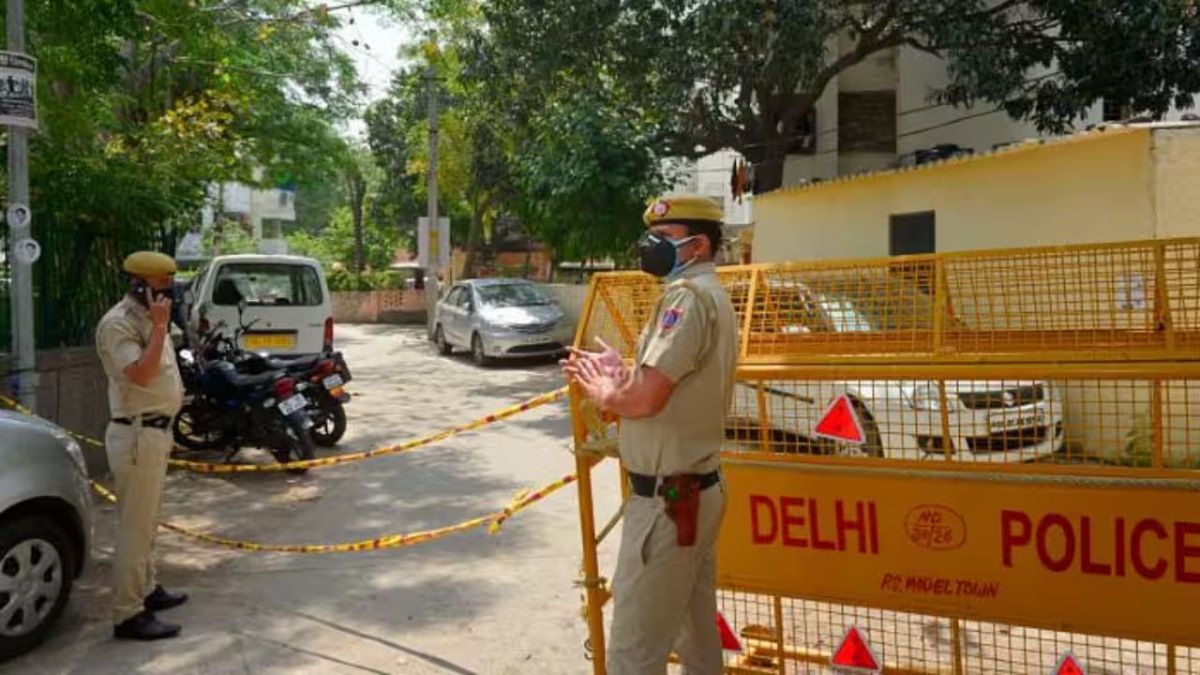)
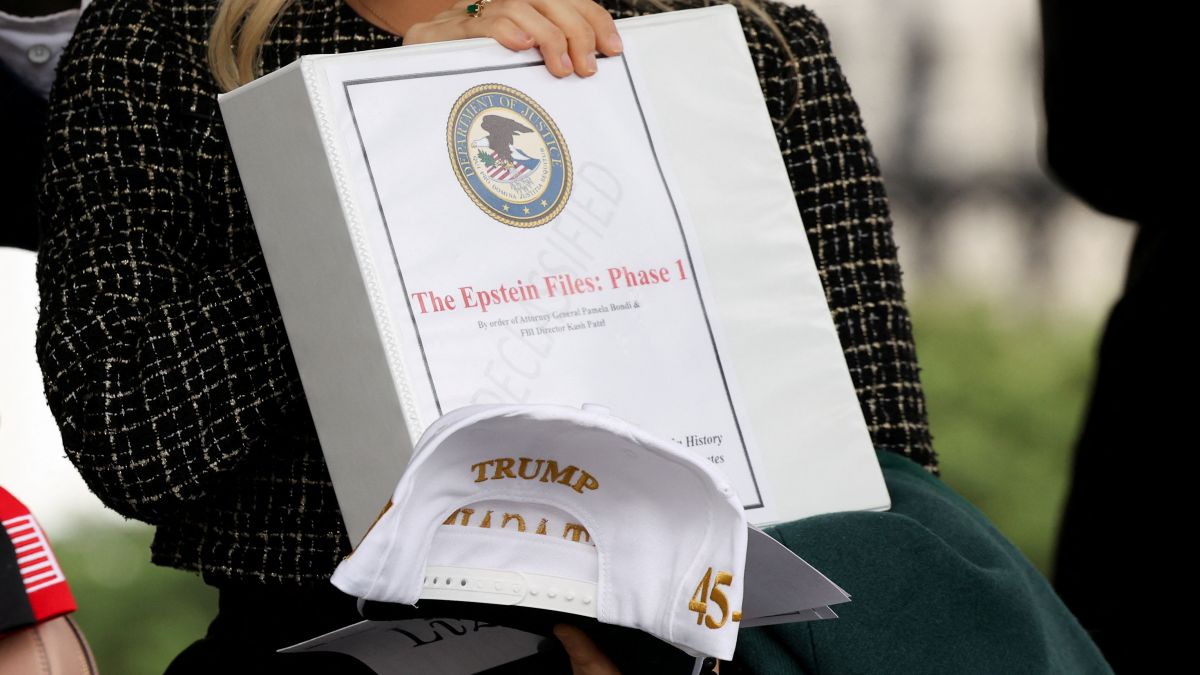)
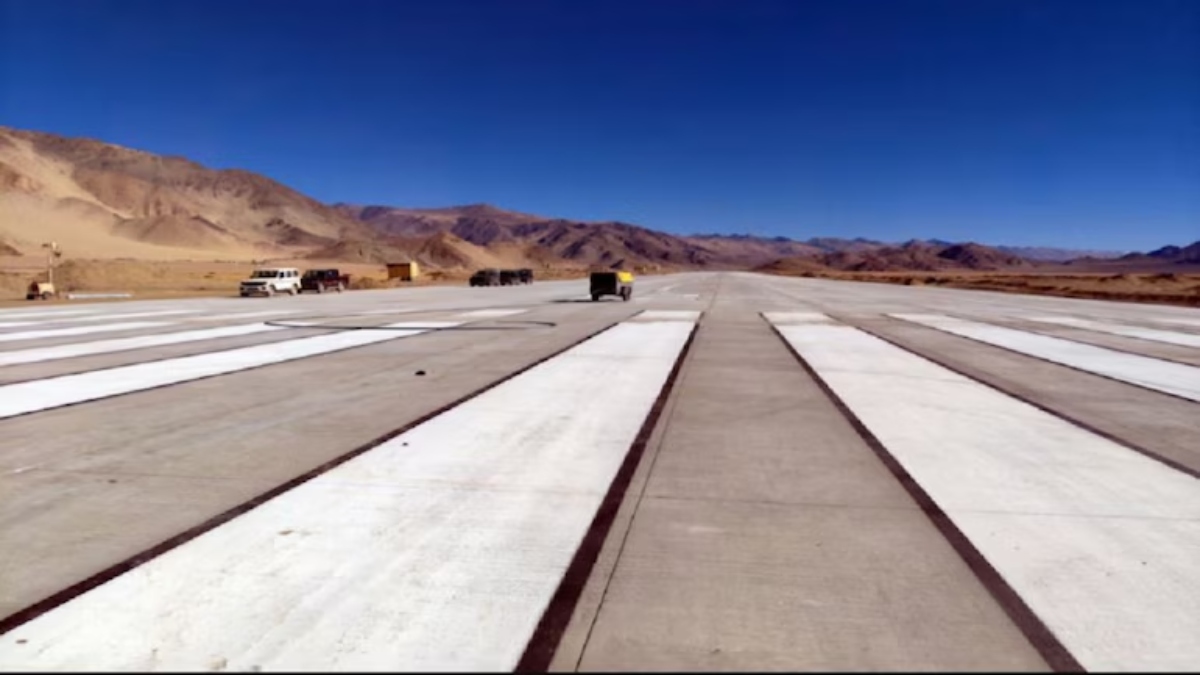)



